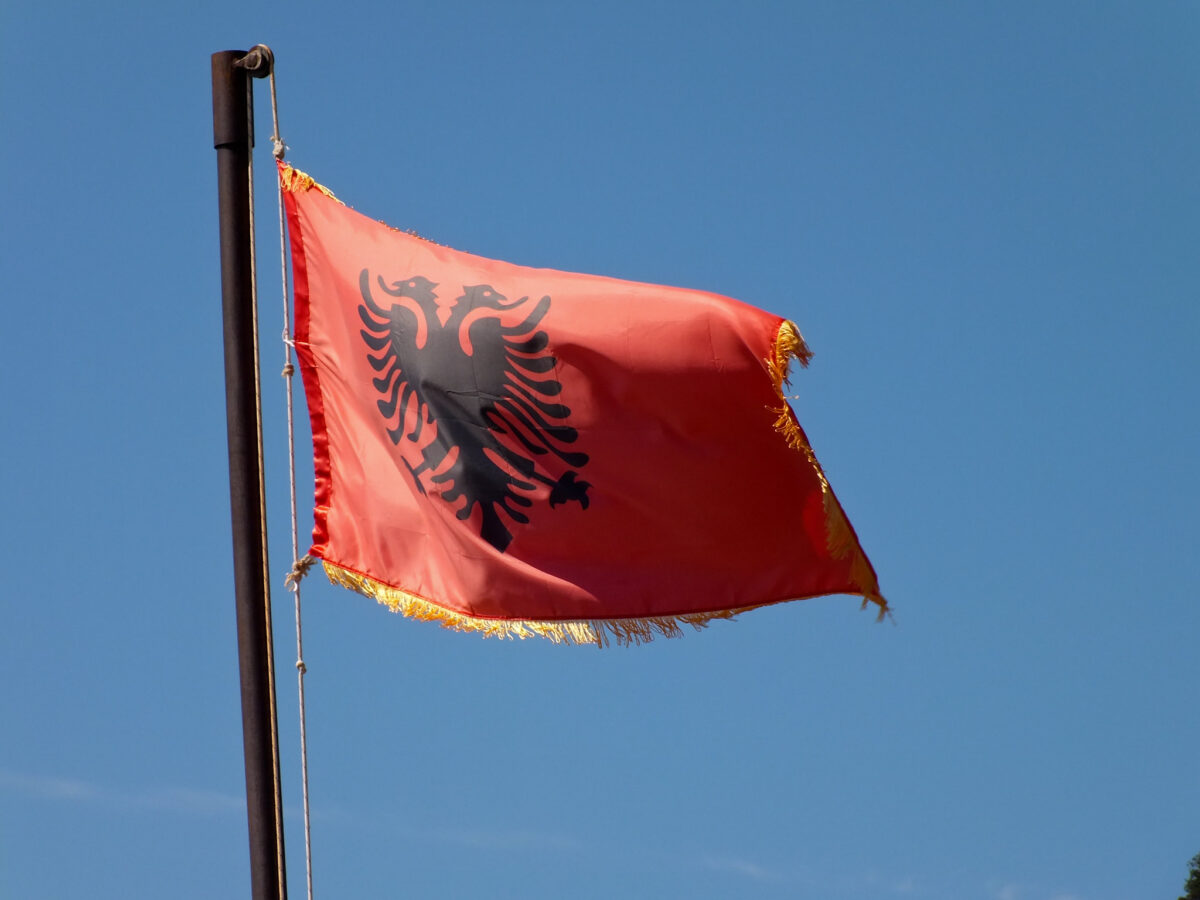Researchers from Albanian University have conducted a review of the Albanian PV market and have concluded that the integration of PV in the country's energy mix is “not merely an option, but a strategic imperative for Albania’s sustainable energy future.”
A move toward more solar is partly an attempt to diversify Albania’s electricity sources. In “Evaluation and integration of photovoltaic (PV) systems in Albanian energy landscape,” which was recently published in Solar Compass, the scientists said that solar is an adaptable and affordable alternative, given Albania’s sunny climate.
There are already incentives in place to bolster PV development in Albania across three mechanisms: net metering for PV systems up to 500 kW, feed-in tariffs (FiTs) for projects of up to 2 MW, and an auction scheme for large-scale solar facilities.
However, these programs have thus far failed to bring big growth volumes for solar and renewable energy in the country. According to the International Renewable Energy Agency, the nation had just 29 MW of cumulative PV capacity at the end of 2022.
The scientists said that the FiTs for PV up to 2 MW have been particularly unsuccessful due to “feasibility gaps.” They said the auction scheme based on contracts for difference (CfD) could deliver more growth, but to date only a few of the projects selected in auctions have come online.
The academics presented a series of socio-technical, economic, policy and management barriers to solar development in Albania. They said that investor fear is brought on by hard administrative processes for licenses and permits, non-transparent regulations, difficult funding access, grid connection challenges, and grid stability issues.
The academics said it is necessary to invest in grid infrastructure, streamline laws, maintain policies, raise public awareness and improve access to funding. They said it is particularly important to resolve land use issues and grid integration problems for the implementation of large-scale solar.
“Coordinating energy policy, fostering transparent regulations, and involving the private sector will maximize Albania's PV integration potential,” they concluded. “Community engagement and public awareness are vital; informed citizens are more likely to support and take ownership of renewable projects, ensuring long-term success.”
This content is protected by copyright and may not be reused. If you want to cooperate with us and would like to reuse some of our content, please contact: editors@pv-magazine.com.




1 comment
By submitting this form you agree to pv magazine using your data for the purposes of publishing your comment.
Your personal data will only be disclosed or otherwise transmitted to third parties for the purposes of spam filtering or if this is necessary for technical maintenance of the website. Any other transfer to third parties will not take place unless this is justified on the basis of applicable data protection regulations or if pv magazine is legally obliged to do so.
You may revoke this consent at any time with effect for the future, in which case your personal data will be deleted immediately. Otherwise, your data will be deleted if pv magazine has processed your request or the purpose of data storage is fulfilled.
Further information on data privacy can be found in our Data Protection Policy.